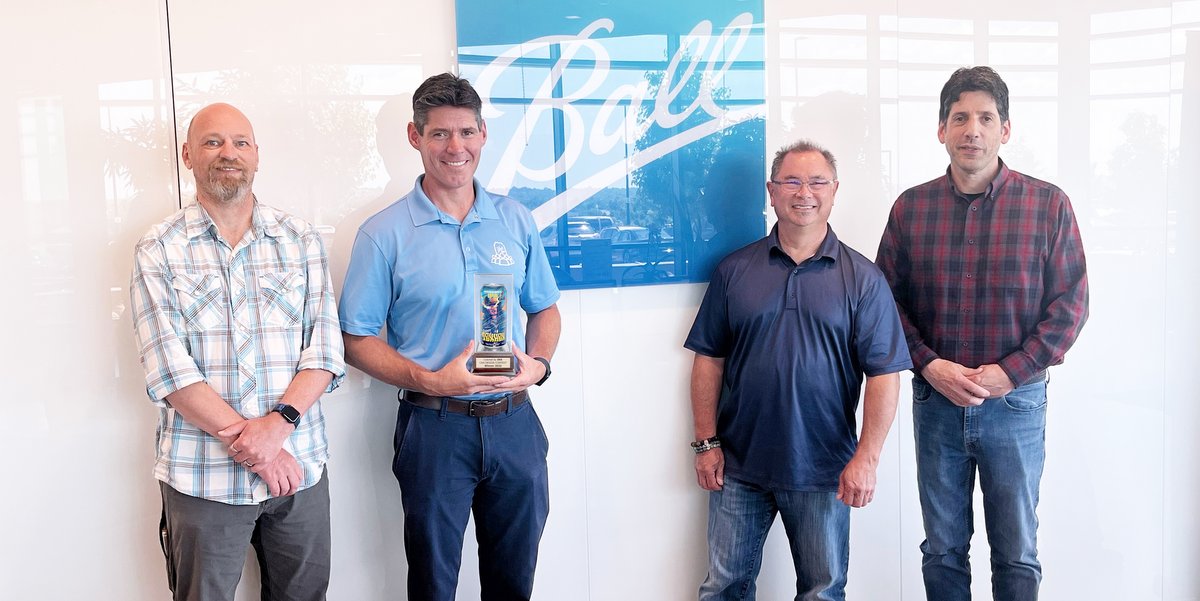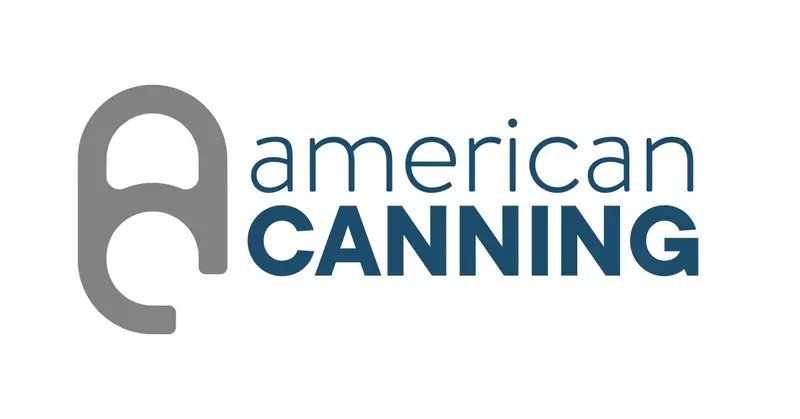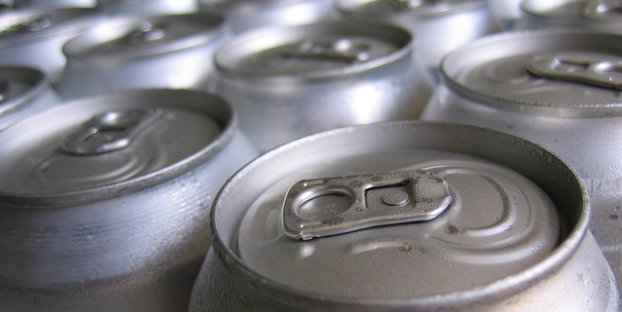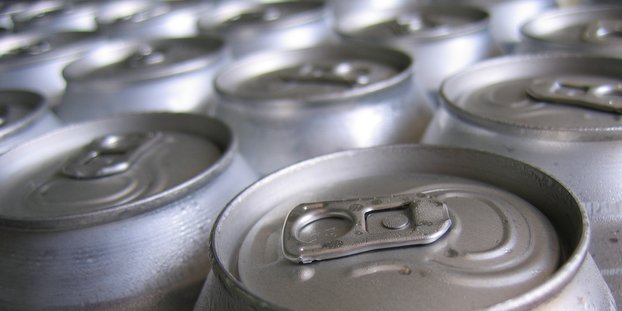
Many breweries that choose to package in cans do so on the basis of their recyclability, but tied to the end-product’s sustainability story (the can) is that of its manufacturing chain and suppliers. That’s why it’s cool to hear that one of the largest aluminum can providers in Ball Corp. has just signed two virtual power purchase agreements (VPPAs) — one wind and one solar — for a total of 388 megawatts (MW) of new renewable energy.
According to Ball, these agreements will allow the company to power 100 percent of its corporate, packaging and aerospace operations electricity load in North America with renewable energy by the end of 2021.
“These renewable energy agreements place Ball among the leading corporate buyers of renewable energy in our industry and the U.S., marking a critical moment in our sustainability journey, and are a demonstration of our commitment to have the aluminum can recognized as the most sustainable package,” said John A. Hayes, chairman, president and CEO. “The combined wind and solar projects will allow us to address our North American electricity use and make significant progress toward our previously announced Scope 1 and 2 science-based GHG emissions target, while leaving room for growth in our businesses.”
Ball first began using renewable energy in 2015, building three wind turbines in partnership with a local service provider to help power its Findlay, Ohio, beverage packaging plant. In 2018, Ball expanded the Findlay project to six turbines, which will generate more than 24,000 megawatt hours (MWh) of energy each year.
The long-term VPPAs for the new wind and solar developments significantly expand upon Ball’s previous success. With a combined annual estimated energy production of 1,200,000 MWh — equivalent to the volume of electricity used by 100,000 U.S. homes each year — these projects will contribute nearly 5,000 percent more renewable energy to Ball’s North American electricity portfolio.
“Utilizing renewable energy is an important lever to further enhance the sustainability credentials of our packaging, and we’re exploring similar opportunities across our global footprint,” Hayes said. “We also continue to work with our customers, suppliers and other industry partners to further enhance the can’s sustainability credentials and meet increasing customer, consumer and retail demand for more sustainable solutions to the plastic pollution crisis.”
Ball was advised on the VPPAs by Schneider Electric Energy and Sustainability Services, who assisted the company in its project selection and negotiations.
While other beverage containers may degrade and end up polluting the environment, aluminum packaging can be recycled and back on store shelves in as little as 60 days. In fact, 75 percent of the aluminum ever produced is still in use today. Innovative, infinitely recyclable and economically valuable, aluminum packaging can help build brands, inspire consumers and convey an investment in the future of our planet.
Ball also expects to be able to reduce its global Scope 2 greenhouse gas emissions by 50 percent, equivalent to the carbon reduction of removing 180,000 passenger vehicles from the road annually. With a combined annual estimated energy production of 1,200,000 MWh — equivalent to the volume of electricity used by 100,000 U.S. homes each year — Ball estimates these projects will contribute nearly 5,000 percent more renewable energy to the company’s North American electricity portfolio.





Jason Kennedy says
VPPAs are dumb, they’re still getting their power from the same plant they were before the whole RIN thing is a big corrupt scam